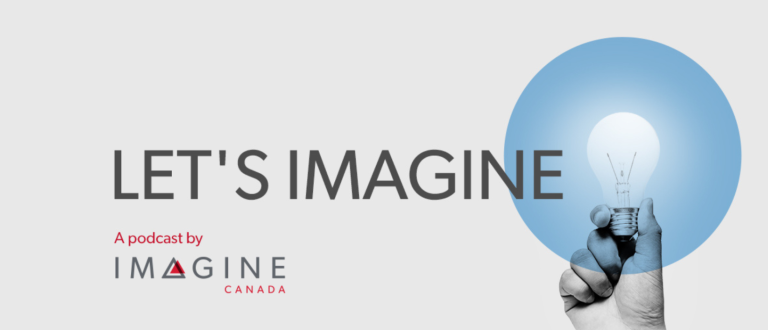With the implementation of the Gradual Civilization and Gradual Enfranchisement sections of the Indian Act in 1876, Indigenous peoples across Canada have continually faced racism, discrimination, exploitation, and domination. The Act, designed for the purpose of assimilating Indigenous communities into the dominant system and eradicating any traditional ways of life, is a continual source of trauma, impoverishment, and a detriment to the social fabric of Indigenous communities, Nations, and families. In Canada, no other race of peoples has an Act, specific to their race, that governs all aspects of their lives including identity, land, resources, ability (or lack thereof) to self govern or self determine. While the Act has undergone many amendments since 1876, it remains one of the most racist pieces of legislation to ever pass and is still in force. One of the many forms of colonization exercised through the Act has been imposed forms of governance.
The Chief and Council system is a Western governance system, imposed by the Indian Act, whereby Indigenous community leadership is elected. This foreign structure eliminated all other pre-existing forms of Indigenous governance, including the hereditary Chief model wherein leaders inherit their roles and responsibilities according to cultural practices and laws within their community. It forces all communities to use the same system regardless of cultural differences, values, and community structure. Most importantly, it undermines the ability of communities to self determine their preferred forms of leadership. This said, some Indigenous organizations have adopted and accepted dominant and colonial governance practices very favourably.
When I consider the forms of governance currently used in Indigenous organizations, I think less about the process and more about the value system that underpins the process. Living within colonial constructs has taught us, and heavily rewarded us, for decision making that is based on key performance indicators that advantage accumulation, growth, expansion, and financial vitality. This value system is sometimes incongruent with traditional Indigenous value systems which focus instead on shared wisdom; protection of the land, resources and children; gratitude; humility; honour; trust; balance; love doing well onto others; and preventing harm to others. My purpose is not to position one value system as right, and the other as wrong, but rather to draw attention to the differences. Often, in organizational settings, it is as though these latter values have been redefined to equate to weakness and the absence of accomplishments such as financial stability, wealth, and prosperity. While Indigenous values can sometimes become muddled in the face of Western organizational culture, they remain paramount to ensuring cultural significance at the governance level of any organization. The tools we use, Robert’s Rules of Order for example, are operationally insignificant in many organizations who rely instead on their values, mission, vision, and practices to uphold cultural identities and processes within their governance structure.
When organizations approach me and ask how they can adopt and implement “Indigenized” forms of governance, I sometimes mention how Robert’s Rules of Order (developed in 1876, the same year the above-mentioned version of the Indian Act was passed) was intended to do just that, secure order. Robert’s Rules are often regarded as an overly formalized process which negates our human need to use our hearts as much as our minds to make decisions. They also negate Indigenous ways of being together that include protocol, ceremony, and other forms of practice that preserve cultural identity, and diversity. However, rather than relying on the criticism of such tools, I prefer to instead draw attention to the values that drive practice. Robert’s Rules of Order is not the only tool; there are Atwood’s Rules, Martha’s Rules, Democratic Rules of Order, and others. I believe strongly that individual organizations should have the right to self determine their preferred practice. Nonetheless, I advocate that if the values which inform the practice are sound and inclusively held, the tools will not hold the power and values such as inclusivity, diversity, sharing and respect will be what prevails.
While governance structures can incorporate practices such as territorial acknowledgments, implementation of board positions for youth and Elders, and use of circle protocols none of this will go far unless the work itself is driven by values that are reflective of Indigenous ways of knowing, doing, and being. These values do not always come easily and are often thought to be too time-consuming. However, the active and intentional incorporation of Indigenous values into practice is at the forefront of inclusive good governance.
Rachelle is from the Montagnais people in lower Quebec. She brings more than 15 years of management and leadership experience to her work as Indigenous Perspectives Society’s Executive Director. Rachelle has extensive front line service experience that informs her leadership from her early work with at risk communities including women in the sex trade, corrections, and the homeless community. As an inter-generational trauma survivor, she brings a lot of passion to developing Indigenous Perspectives Society’s Reconciliation from an Indigenous Perspective training offerings, which include Cultural Perspectives Training, developed to support the Truth and Reconciliation Commissions Calls to Action.



